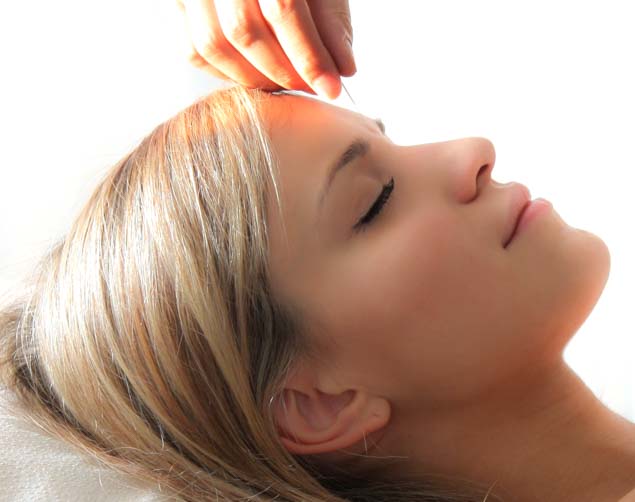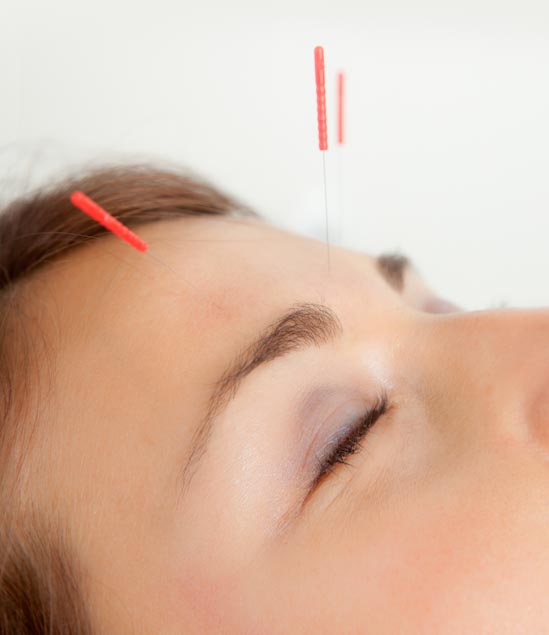http://www.healthcmi.com/Acupuncture-Continuing-Education-News/1625-acupuncture-improves-visual-acuity-and-reduces-defects
Research, including both subjective and objective measurements, finds acupuncture effective for improving eyesight.

Acupuncture benefits eyesight for patients with vision loss, according to Beijing University of Chinese Medicine researchers. Results from a controlled investigation by Yan et al., published in the Journal of Beijing University of Traditional Chinese Medicine, tested the efficacy of a four point acupuncture prescription for the treatment of vision loss. Based on the data, the researchers determined that acupuncture benefits vision.
Acupuncture measurably caused significant improvements in important visual indices. Acupuncture significantly improved mean sensitivity (MS) and decreased mean defect (MD) for patients participating in the study. In addition, acupuncture significantly increased the visually evoked potential (VEP).
MS is a measurement of the retina’s mean sensitivity to light. MD is the difference between all classes of visual defects for the patient compared with normal values for their age. VEP is an EEG (electroencephalogram) measurement of an evoked potential triggered by a visual stimulus. VEP helps in the detection of optic nerve disorders and tests responses to light. The results of the investigation demonstrate that acupuncture improves MS, MD, and VEP for patients with vision loss.
Three local acupuncture points in the eye region were combined with one acupuncture point in the suboccipital region. All four acupuncture points are classically indicated within Traditional Chinese Medicine (TCM) for the treatment of eye disorders. From an acupuncture continuing education perspective, this modern scientific research draws upon an ancient TCM acupoint prescription for the acupoint selection.
